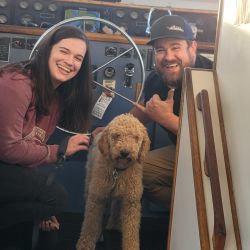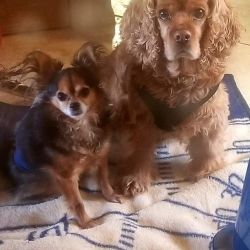Origins and Temperament
The Mastiff, a breed with a noble lineage tracing back to ancient civilizations, was revered for its impressive size, protective instincts, and gentle demeanor. Historically, they were guardians and war dogs, yet despite their formidable appearance, Mastiffs are known today for their docile and affectionate temperament. These traits necessitate tailored travel arrangements to accommodate their calm yet alert disposition, ensuring that they don't become overprotective or anxious during transportation.
Size and Physical Needs
Mastiffs are among the largest dog breeds, with adults typically weighing between 130 to 220 pounds. Their colossal size means they require ample space to move and rest during transport. Exercise needs are moderate; however, they must stretch and walk regularly to maintain joint health. Special accommodations, like a spacious crate and vehicle, are necessary for their comfort and to prevent travel-related stress.
Common Health Considerations
Mastiffs are prone to hip and elbow dysplasia, heart conditions, and bloating. Therefore, health documentation, such as proof of recent veterinary checks, should be obtained before travel. Precautionary measures, including a travel-friendly feeding schedule and familiarity with the nearest veterinary services along the route, are essential for a safe journey.
















